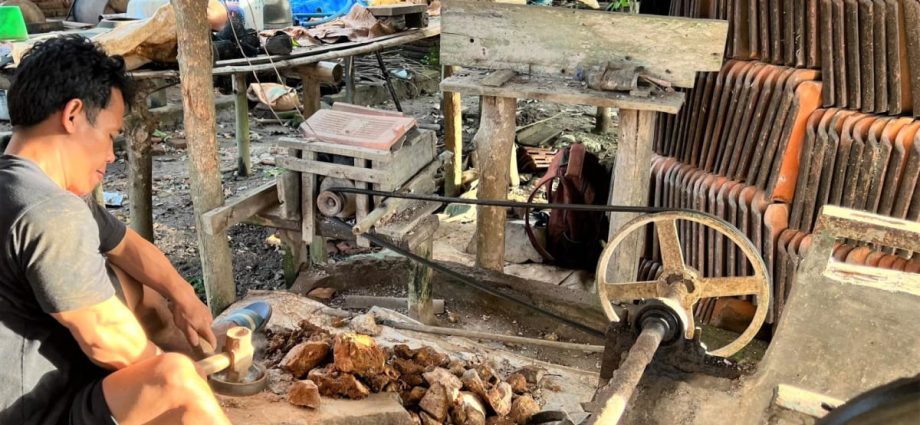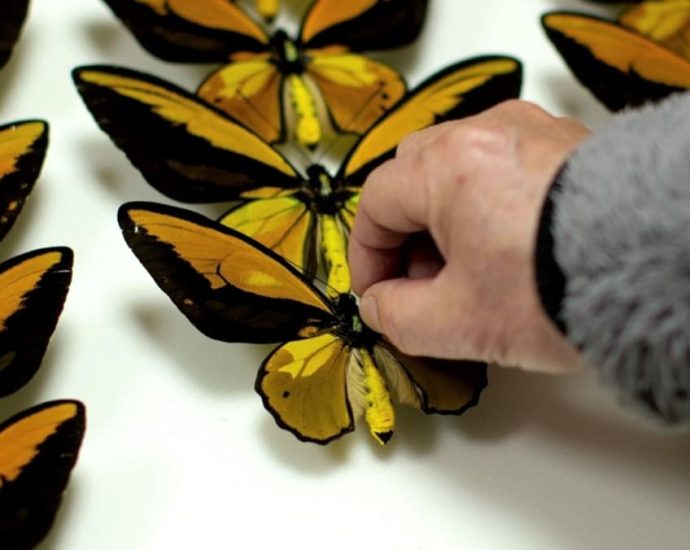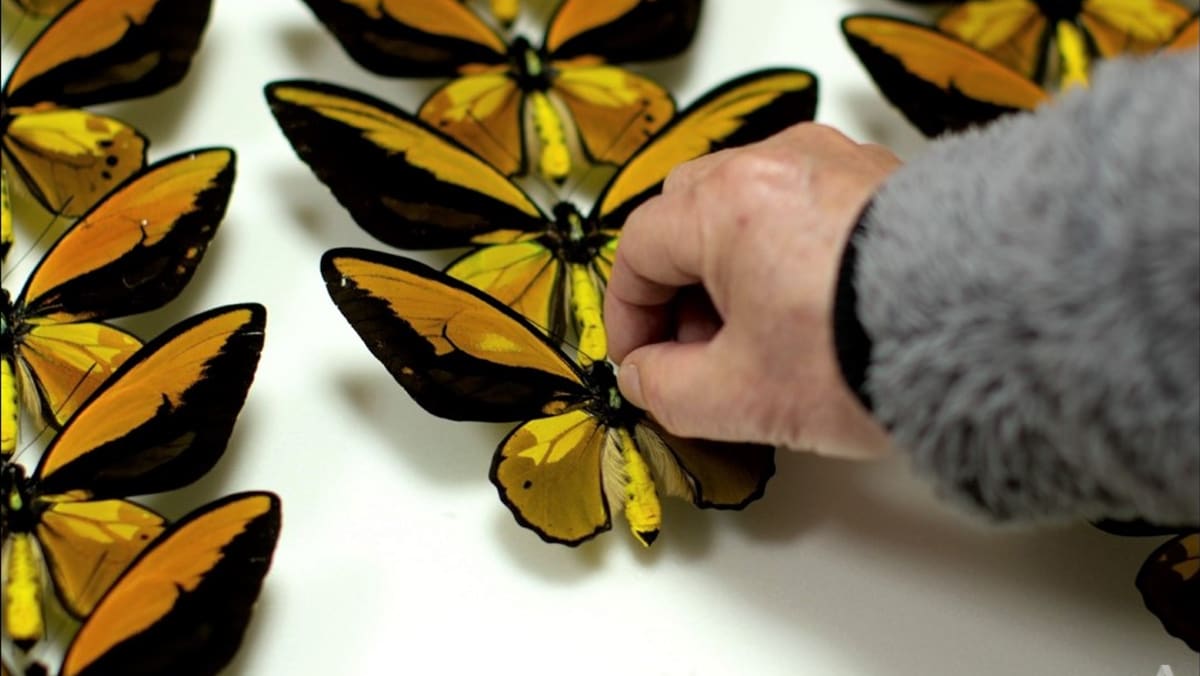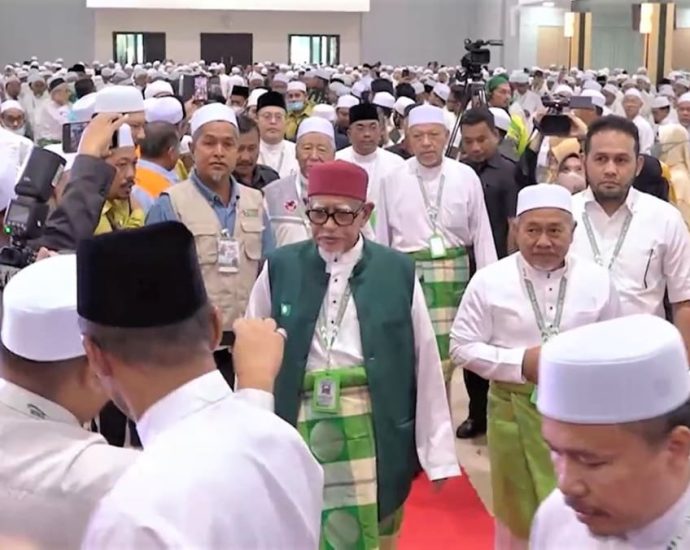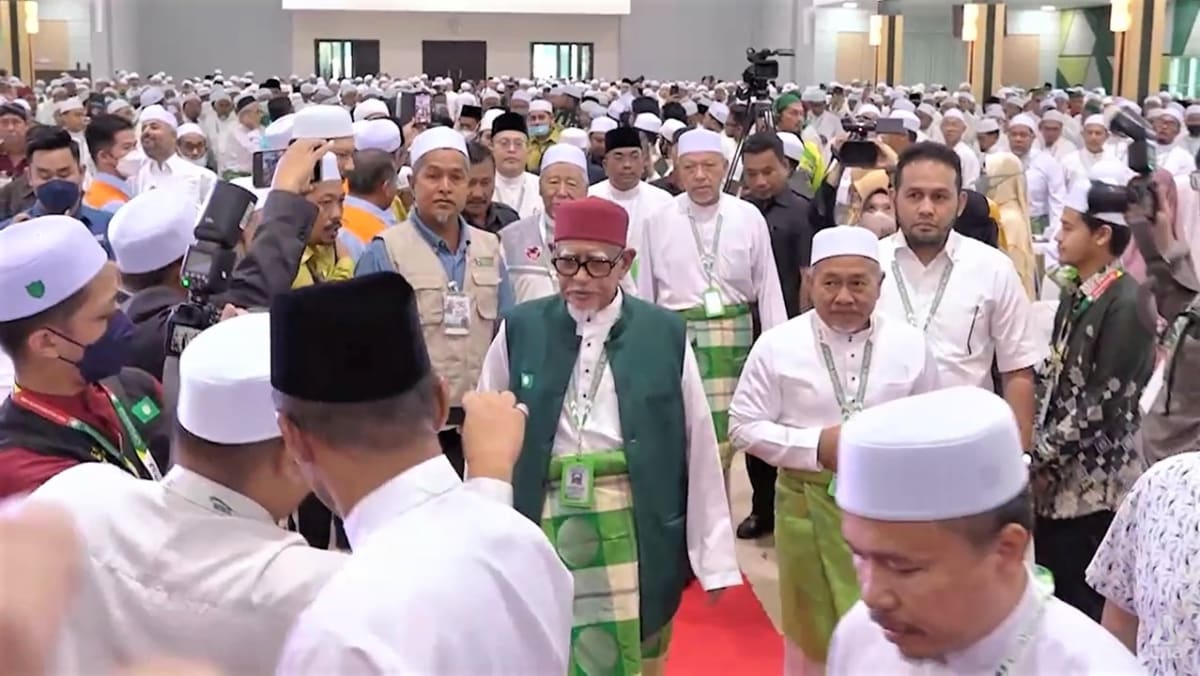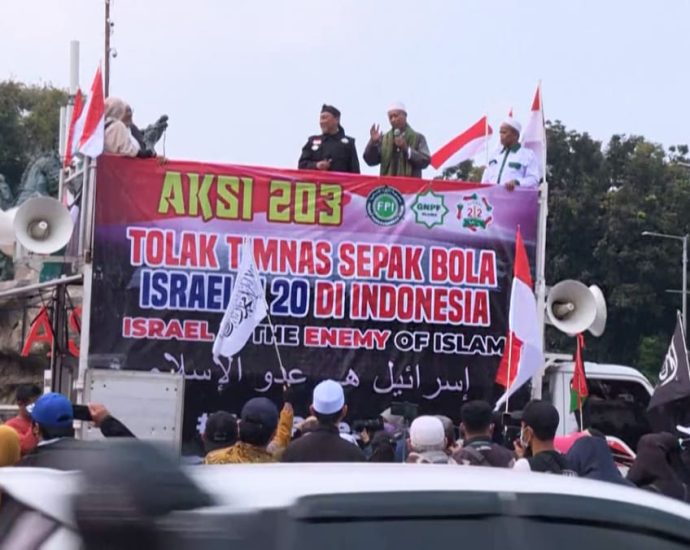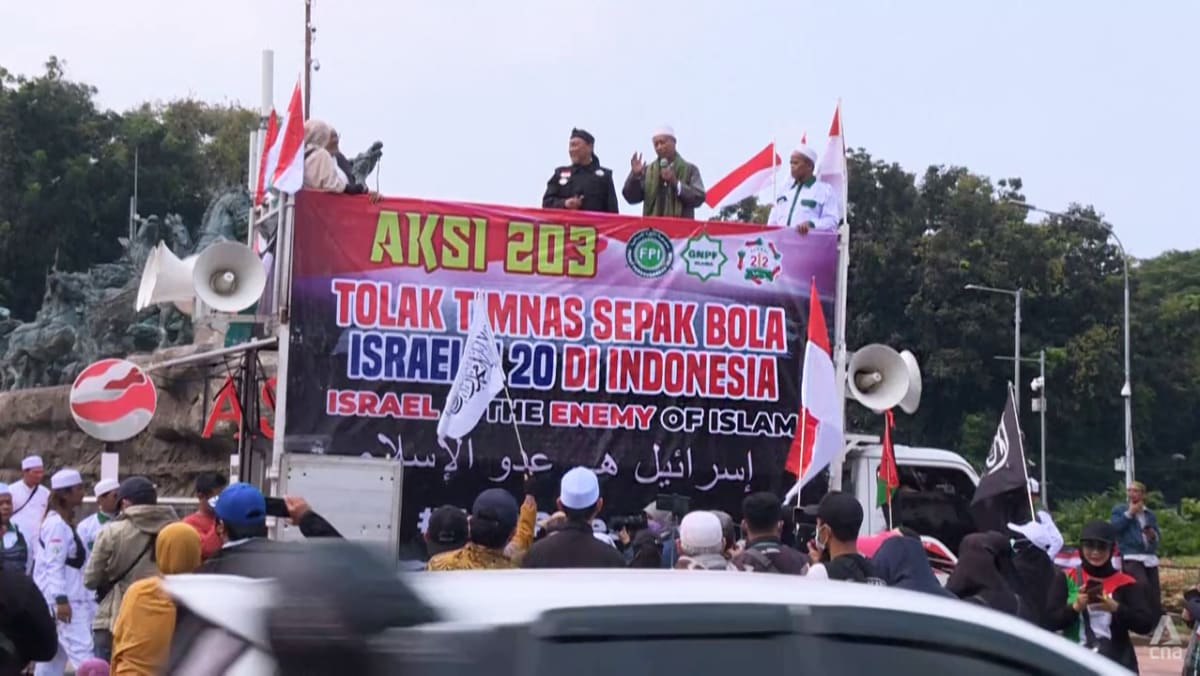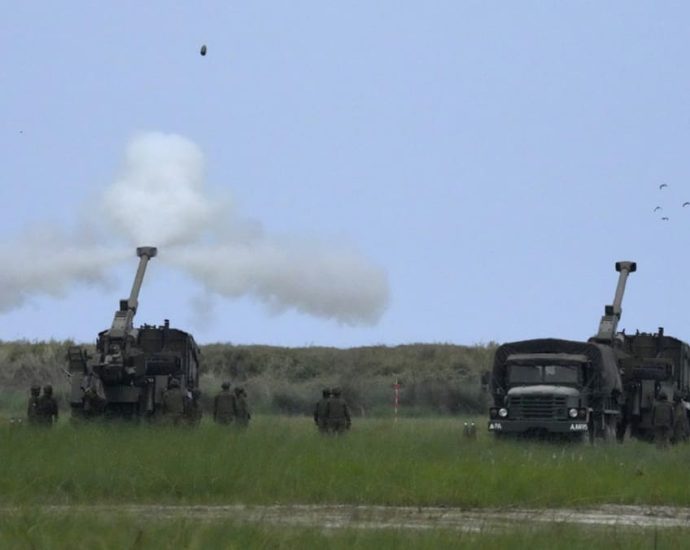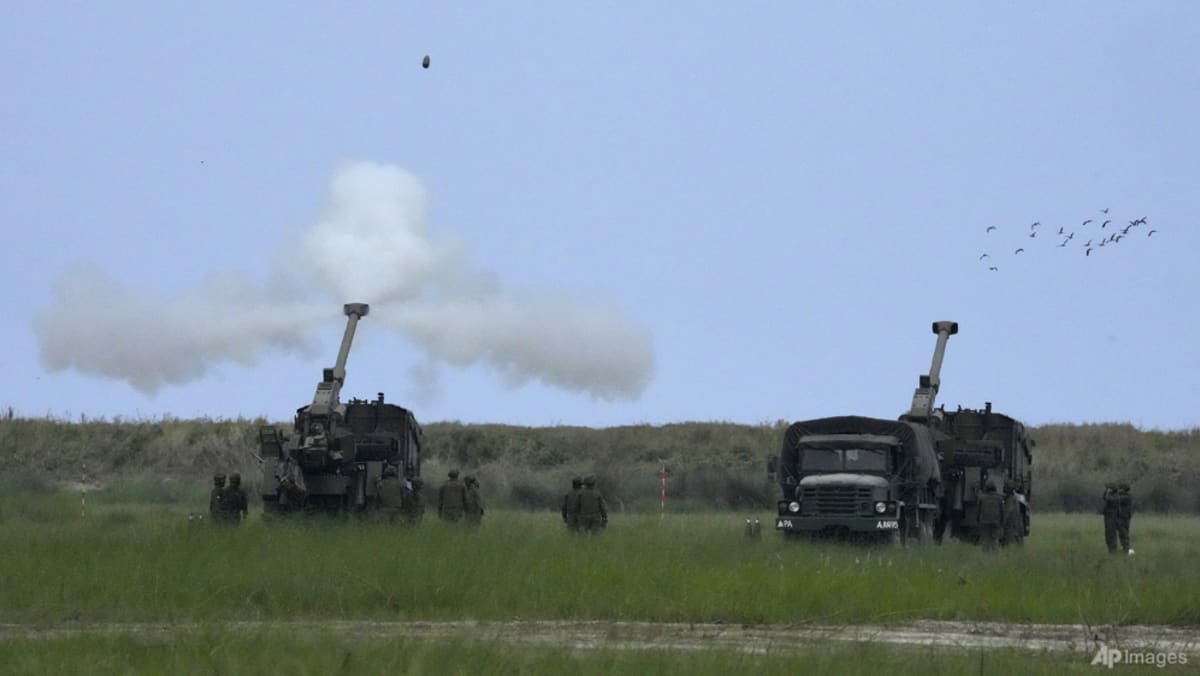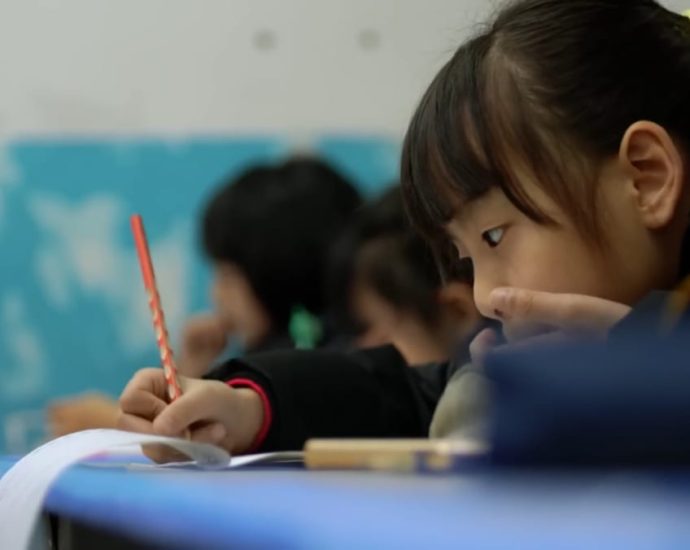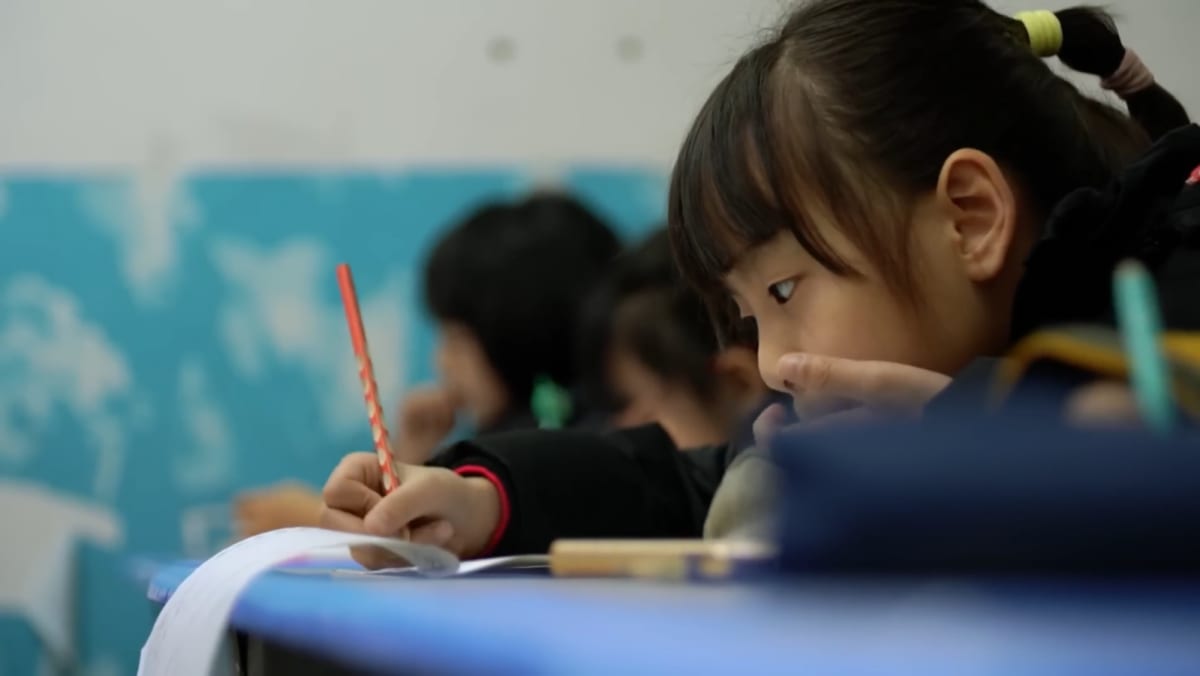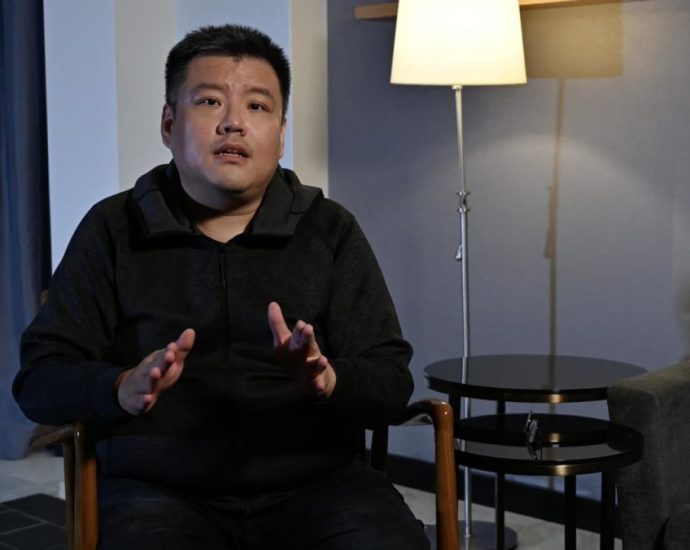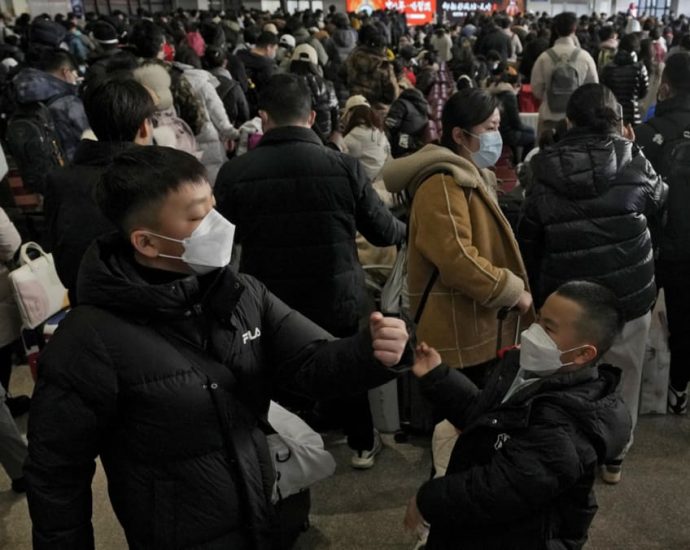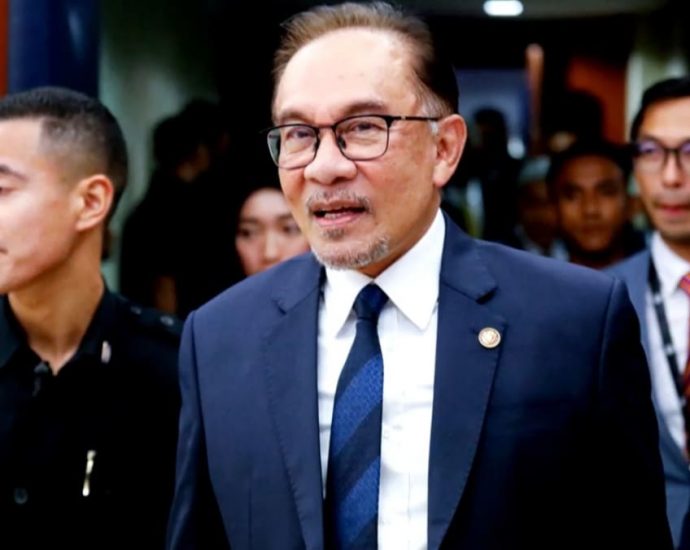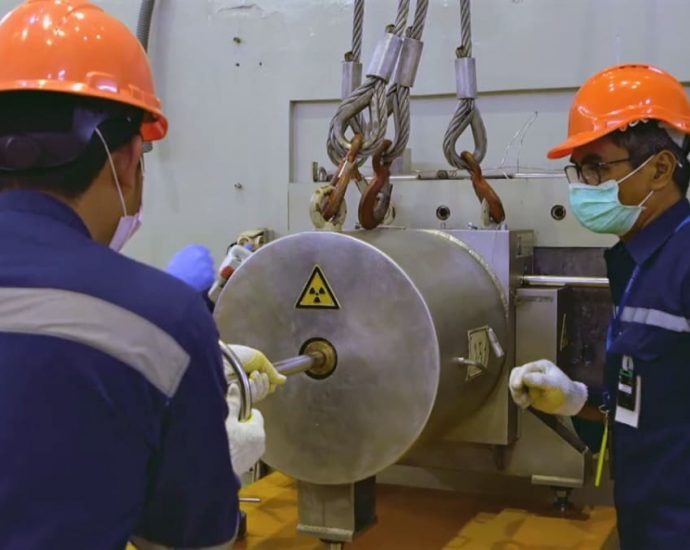Inside Lombokâs secretive gold mining community, slowly suffering from poisoning
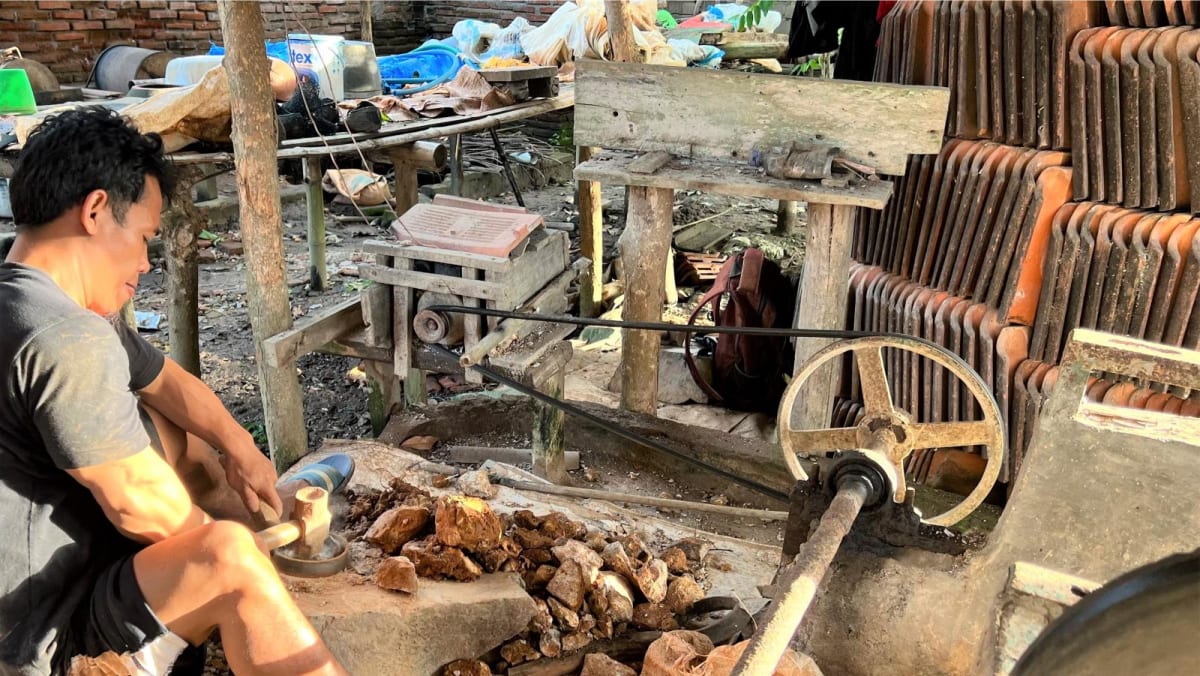
That is not the only hurdle. Each day, miners such as Faturahman usually haul two sacks of ore at most. But cyanide processing requires a huge amount of ore in one go, ideally 150 sacks.
Even if miners could afford to wait, the extraction cost is too high individually. As members of a co-operative, however, they could potentially deal with the issues of cash flow and time.
But the most important hurdle is that “the way we process gold is somewhat illegal”, cited Hamdani. “Up until this point, we’ve not obtained permission from the government. We’re still in the process of obtaining the permit.”
The possible solutions, and the regulations needed, are apparent to Jossep.
“First, (the miners) can’t destroy nature. Second, they have to use cleaner methods without mercury. Third, a system is set up so that the gold they produce can be officially purchased by the state,” he said.
“This would provide a huge amount of foreign exchange for the country.”
The potential rewards for upskilling and harnessing the products of Indonesia’s informal gold miners could be huge, if the authorities can overcome the obstacles and if there is help from stronger international regulations.
“One shortcoming of the Minamata Convention in respect of small-scale mining is that the treaty regards this mining as an allowed use for mercury,” said Marcos A Orellana, the United Nations Special Rapporteur on toxics and human rights.
“The position should be the other way around — that mercury should be banned.”
If black markets are not shut down, however, gold miners will continue to use mercury. It is the youngest generation, and succeeding generations, who will ultimately pay the heaviest price.
For Faturahman, his child’s illness has left him in the unenviable position of having to mine more gold to pay for surgery. “Because I don’t have insurance, it’d cost around 30 million rupiah. I don’t have that kind of money,” he said.
“Though this is the state we’re in, I’ll do my best to keep my son healthy. I know that he isn’t like a normal child, but I’m still grateful for his birth. I hope my son will be healthy soon.”
Watch this episode of Undercover Asia here.

